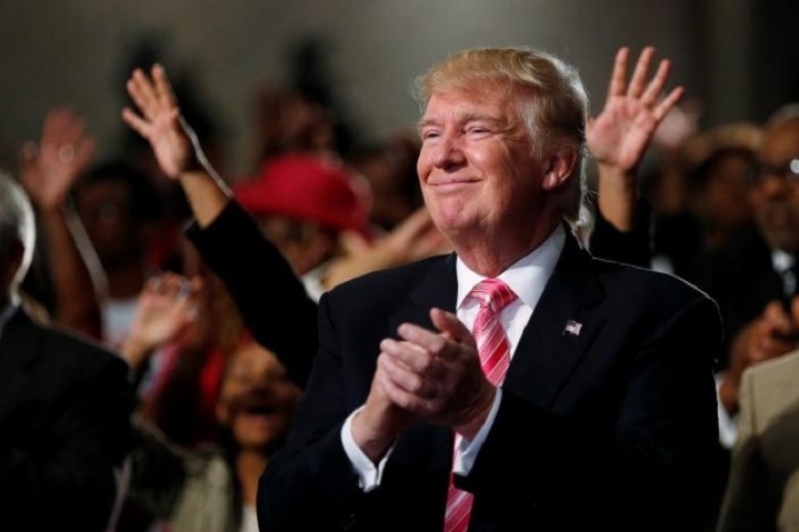
Is the leadership of president-elect Donald Trump, who was strongly supported by the evangelicals primarily because of his promise to appoint pro-life Justices to the Supreme Court, going to open the door for Christians to have greater influence in the U.S.? Here's what some evangelical leaders have to say.
During the campaign season, Trump’s candidacy was backed by a number of prominent evangelical leaders who held on to his promises to promote conservative policies, repeal Obamacare, de-fund Planned Parenthood and many others that championed Christian principles.
There were also those who believed he is God’s “chaos candidate” and a modern-day King Cyrus to the U.S.. In the Bible, King Cyrus was a gentile king who granted favor to the Jews and helped them rebuild the temple of the Lord.
But is a Trump presidency going to help widen Christians’ influence over the country?
Marjorie Dannenfelser, president of the pro-life organization Susan B. Anthony List, is one of the more optimistic ones who is convinced conservatives have “every reason to be celebrating.”
Previously a Trump critic, Dannenfelser rallied behind the president-elect because of his promise to defund Planned Parenthood. She hopes that this will be signed into law.
“Now we have the right president committed to signing this,” she said. “We’ve got to get that quick work done.”
Tom McClusky of the March for Life pro-life group also used to be a Trump critic, but now he says if the president-elect would fulfill his campaign promises, “he could be the most pro-life president since Ronald Reagan.”
McClusky was also willing to overlook Trump’s motives for giving such campaign promises that appeared to target evangelical voters.
“Quite honestly, if it results in good policy, I’m not going to complain,” he said.
Dominique Gilliard, executive pastor of New Hope Covenant Church in Oakland, California, said the evangelical support from Trump is “revelatory” and “deplorable.” He asked believers to consider what this would reveal to the world about who God is.
“Evangelical identity is rooted in Scripture. Scripture shapes our worldview, beliefs, and ethics. However, 81 percent of white evangelicals voted for Trump, whose campaign and lifestyle is antithetical to Scripture and the Kingdom of God,” Gilliard said.
“White evangelicals' unprecedented supported of Trump—despite his racism, misogyny, and ethnocentrism—is revelatory, and deplorable. Did this bear witness to whiteness rather than the Gospel? What did this communicate to the world about our God?” he added.
John M. Borders III of Morning Star Baptist Church in Boston, said believers emphasize too much the mindset of having a “messianic” leader.
“The presidential election this time inculcated messianic undertones with promises of a national idealism that’s unrealistic. I think we put too much responsibility on our United States president,” Borders said.
“I think the black church didn’t do enough to remove messianic expectations from the presidency of Barack Obama, and I’m concerned that white evangelicals will make the same mistake with the President-elect Trump,” he added.
Yet there were those who hold on to their hope that a Trump administation will have a conservative influence in society, especially in policy making. Much of this hope arises from one thing: most leaders in Trump’s team are people who have been working in conservative circles for a long time.
“The people running his campaign [and now transition] are people we’ve known forever, our friends and colleagues,” a source told Politico. “His campaign has been run … since it really started taking off, by longstanding, respected social conservatives.”







